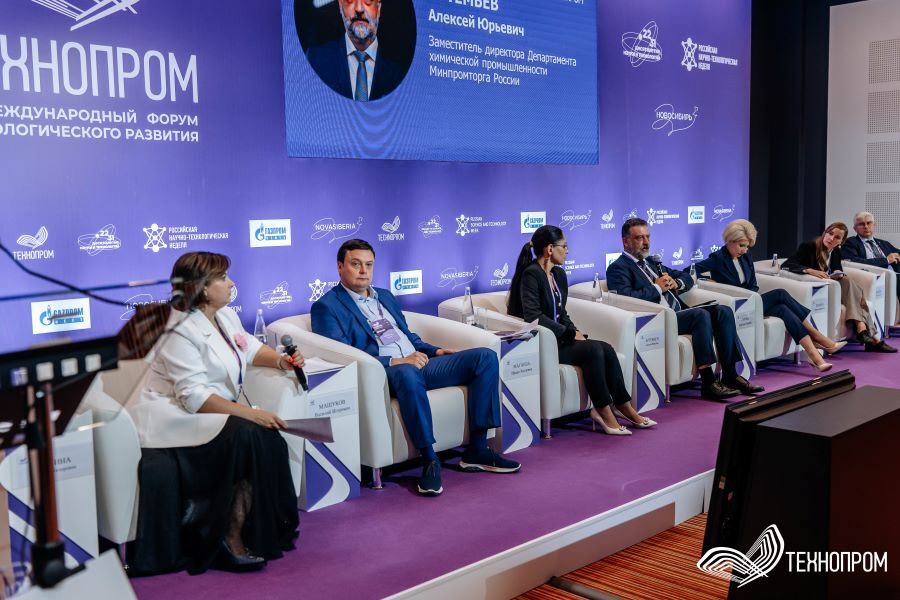Partnership for Growth

Metadynea shared its experience of interaction with universities to form a talent pool.
The discussion was dedicated to the key problem of the industry: the shortage of qualified specialists. Experts discussed the effectiveness of personnel policy in the chemical industry. The discussion focused on government support programs, current issues and trends in the training of highly qualified specialists in conditions of personnel shortage.
The event, organized by the Ministry of Industry and Trade of the Russian Federation and the Russian Union of Chemists, brought together representatives of the state, education and business. Experts, including those from Sibur and Metadynea, shared their practical experience and suggestions for improving the situation.
The participants noted that the shortage of specialists is typical for all industries, not just chemical ones. The situation has been affected by both a twofold increase in production over the past 10 years, as well as competition with other industries for labor resources. Special attention was paid to the issues of increasing the prestige of working in industrial enterprises and creating comfortable living conditions in the regions.
A significant part of the discussion was dedicated to the quality of university graduates' training for work at chemical enterprises. According to business representatives, vocational education doesn’t always meet modern requirements: there’re not enough practical skills, possession of modern equipment and knowledge of industrial safety standards. Nevertheless, companies are ready to continue investing in the training and adaptation of young professionals.
Representatives of industry centers and expert organizations presented training programs for the chemical industry implemented within the framework of the national project "New Materials and Chemistry". They also called on enterprises to be more actively involved in the development of professional standards and training programs.
Sergei Ivanov noted that the active position of the employer and involvement in educational initiatives of universities, including participation in Career Days, support for theses and conducting work placement, allow not only to form a positive image of modern chemical production, but also to increase the training level of future specialists with the necessary competencies already in 2-3 academic years.
His comments on the session results:
“Given the limited time of the event, of course, not all issues were discussed. Nevertheless, I think that the format of the discussion and the information received proved to be valuable for all participants. The interest shown by employers shows the willingness of businesses to actively support personnel programs and develop cooperation in this area.”